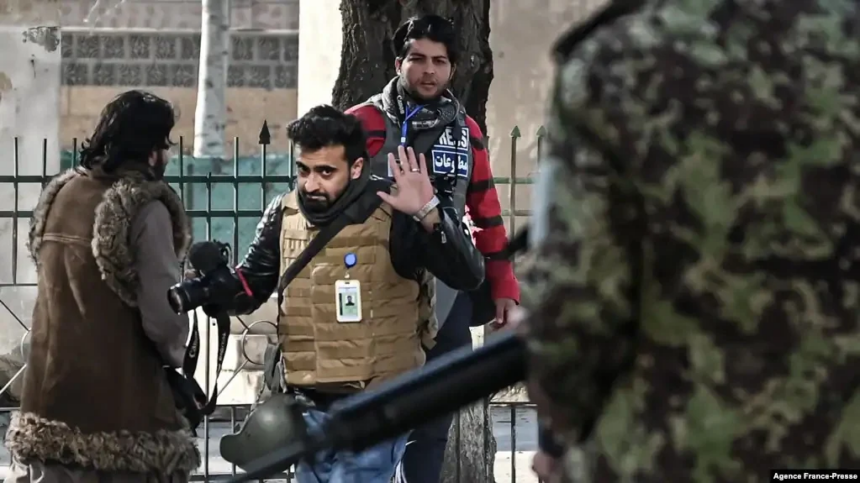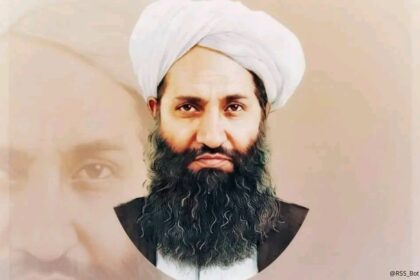RASC News Agency: As Afghanistan sinks deeper into one of the darkest eras for freedom of expression in its modern history, international journalist watchdogs are raising the alarm over a new and alarming surge in arbitrary arrests of journalists and media professionals by Taliban intelligence and so-called morality enforcers. According to a statement by the Afghanistan Journalists Center (AFJC), at least seven journalists and media workers were arrested between July 10 and July 29, 2025, in both Kabul and one unnamed province. The detentions were carried out by operatives from the Taliban’s intelligence agency and agents of the Ministry for the Promotion of Virtue and Prevention of Vice an institution now notorious for ideological policing and repression.
The AFJC report further reveals that at least fifteen journalists and media employees are currently being held in detention across the country, many without formal charges or legal representation conditions that amount to enforced disappearances under international law. In one of the most chilling incidents, on July 23, 2025, three individuals a journalist and two media workers were arrested after organizing a training workshop for girls, an activity that would be unremarkable in any functional society but has now been criminalized under the Taliban’s oppressive rule. All three were taken directly to the Taliban’s intelligence headquarters for interrogation. Just one day earlier, on July 22, a man in Karte Seh, Kabul, was detained for allegedly designing news websites for international outlets an act the regime has absurdly categorized as “subversive.” His current whereabouts remain unknown, as the Taliban refuse to disclose the location of detainees or the legal basis for their arrests.
In another case, on July 6, a provincial journalist was arrested without a judicial warrant. He was released two days later only after signing a forced pledge of silence and securing personal surety yet another example of the Taliban’s deepening use of intimidation, coercion, and extra-judicial practices. Perhaps the most brazen crackdown occurred on July 14, when Taliban intelligence and morality police forces stormed the offices of Pixel, a private media organization. The director and deputy director were arrested, and all technical equipment including cameras, computers, and storage devices was seized. In a move emblematic of totalitarian regimes, Taliban media channels later broadcast forced confessions of the detainees, accusing them of the outlandish crime of “dubbing foreign television series.” The confessions, widely recognized as coerced, appear aimed solely at intimidating the media into silence.
The Afghanistan Journalists Center condemned these developments, stating unequivocally:
“What is unfolding in Afghanistan today is no longer just pressure on journalists it is the formalization of censorship as state doctrine, enforced through surveillance, detention, forced confessions, and the systematic eradication of independent voices.” According to multiple credible sources inside the country, no content be it news, interviews, panel discussions, or editorials is allowed to be published or broadcast without prior clearance from Taliban intelligence authorities. Independent analysts, civil society experts, and dissidents are prohibited from appearing in media, unless handpicked and authorized by the regime to repeat its official propaganda.
In this climate of suffocation, Afghanistan’s media has been transformed from a platform for public enlightenment into a hollow shell of obedience, broadcasting nothing but what the ruling regime demands. Journalists who once informed a nation now live in fear, in hiding, in exile or behind bars. The few who remain free are walking a razor’s edge between censorship and incarceration. The Taliban, by systematically dismantling the country’s once-thriving free press, is engineering a society devoid of scrutiny, accountability, or critical thought. Afghanistan is becoming a nation where the cameras remain on but the truth has been extinguished.






